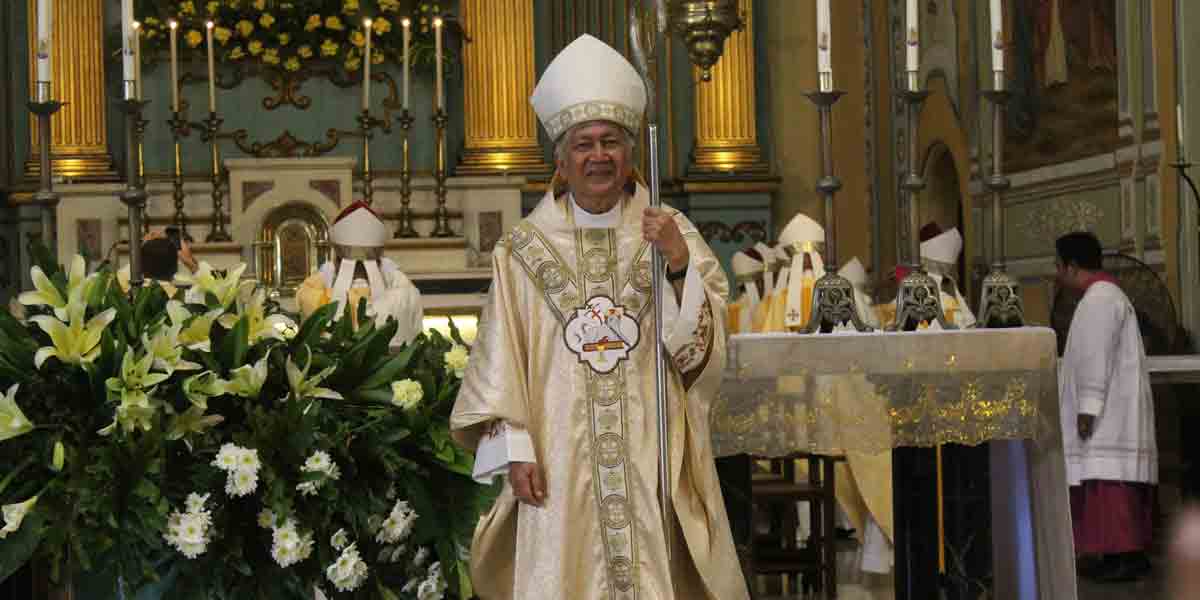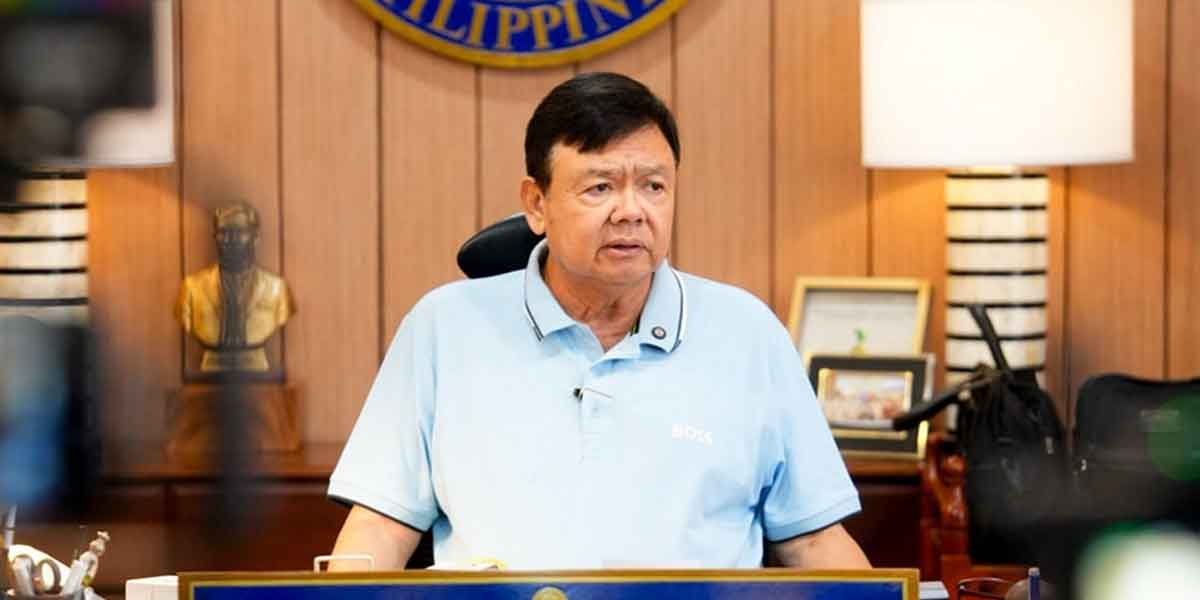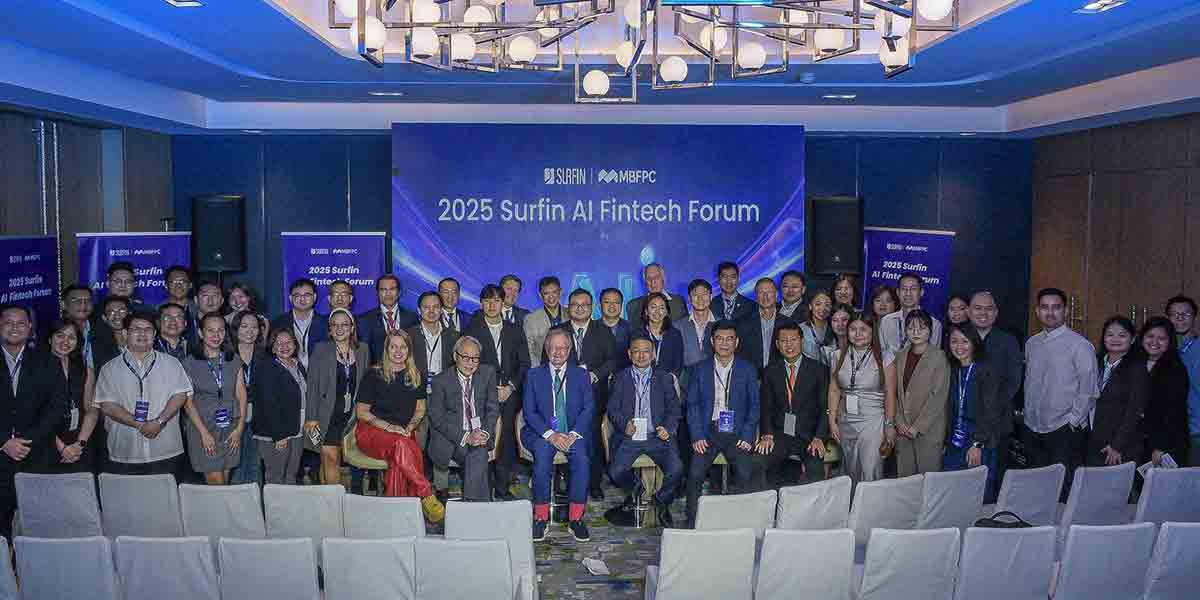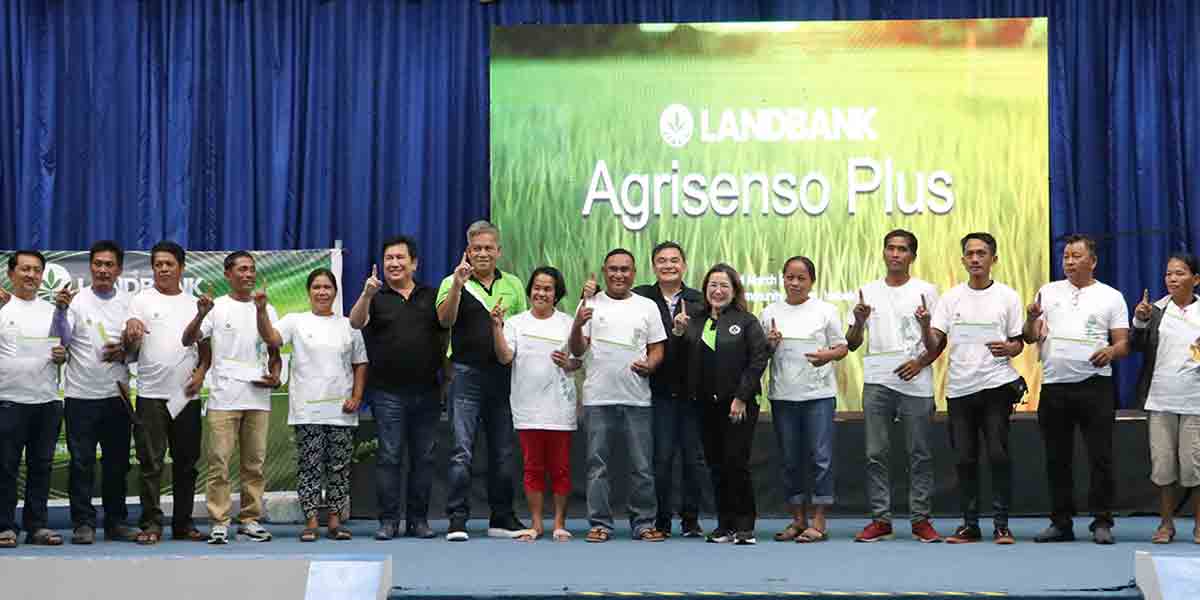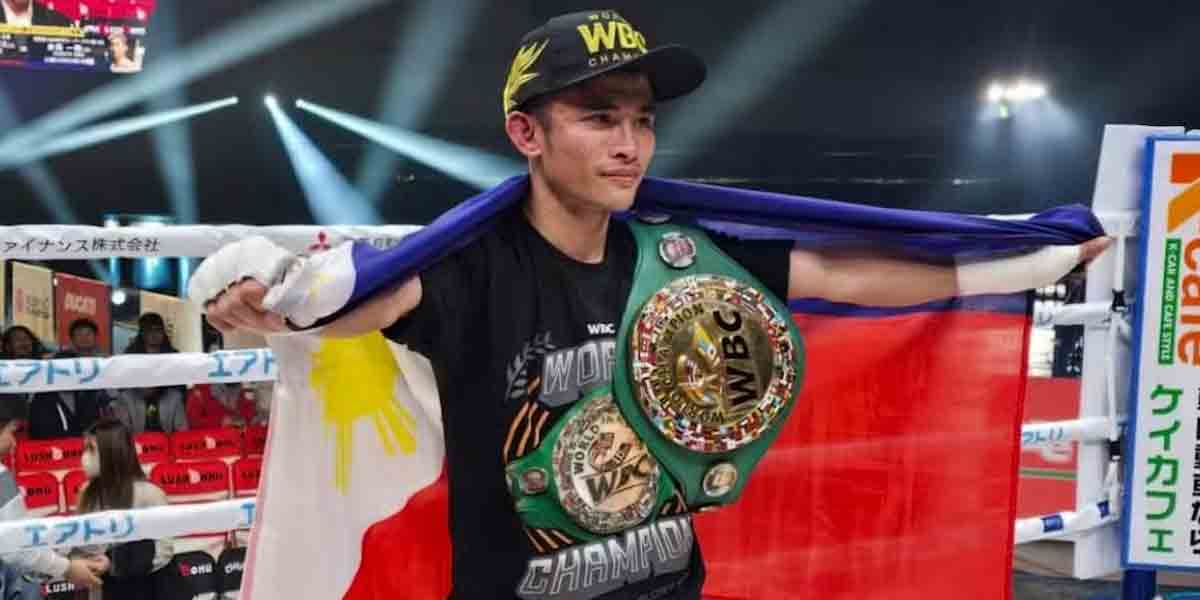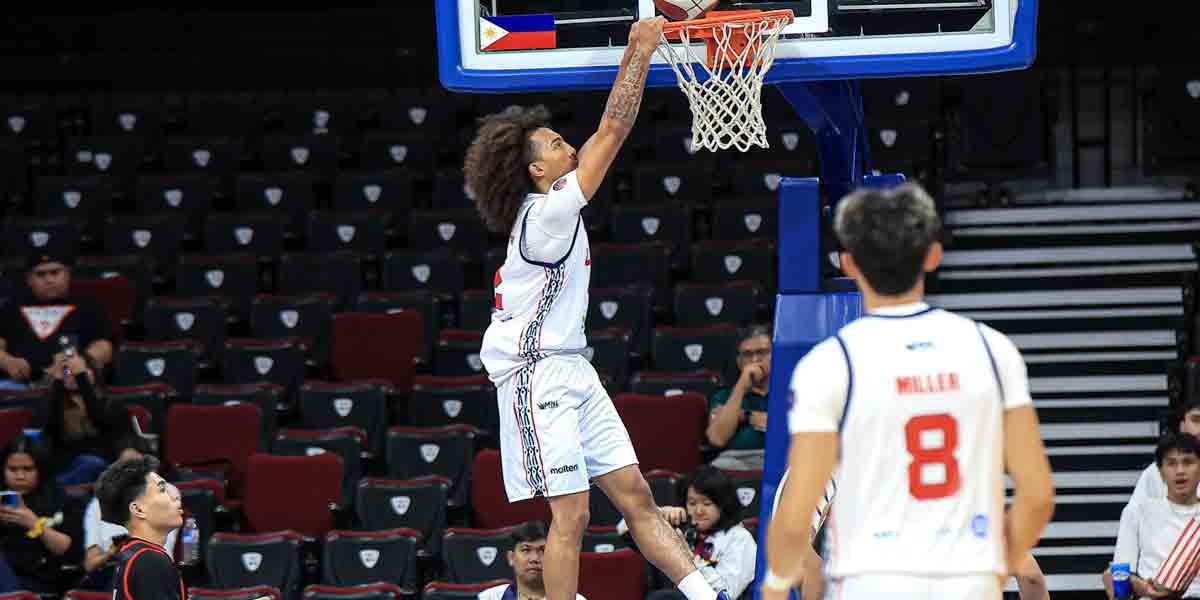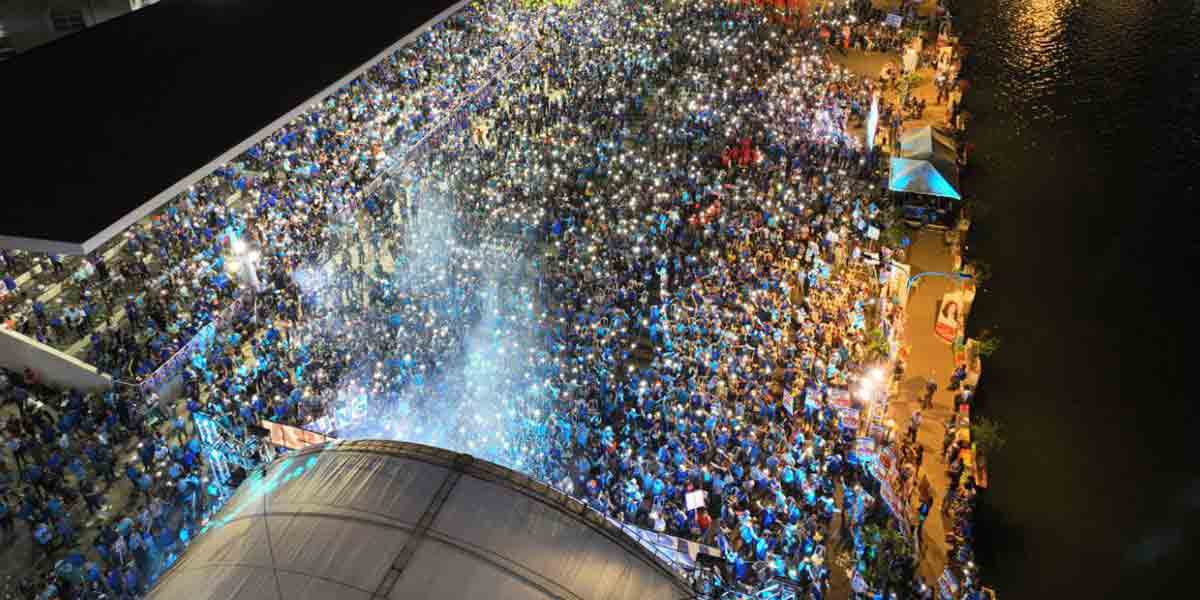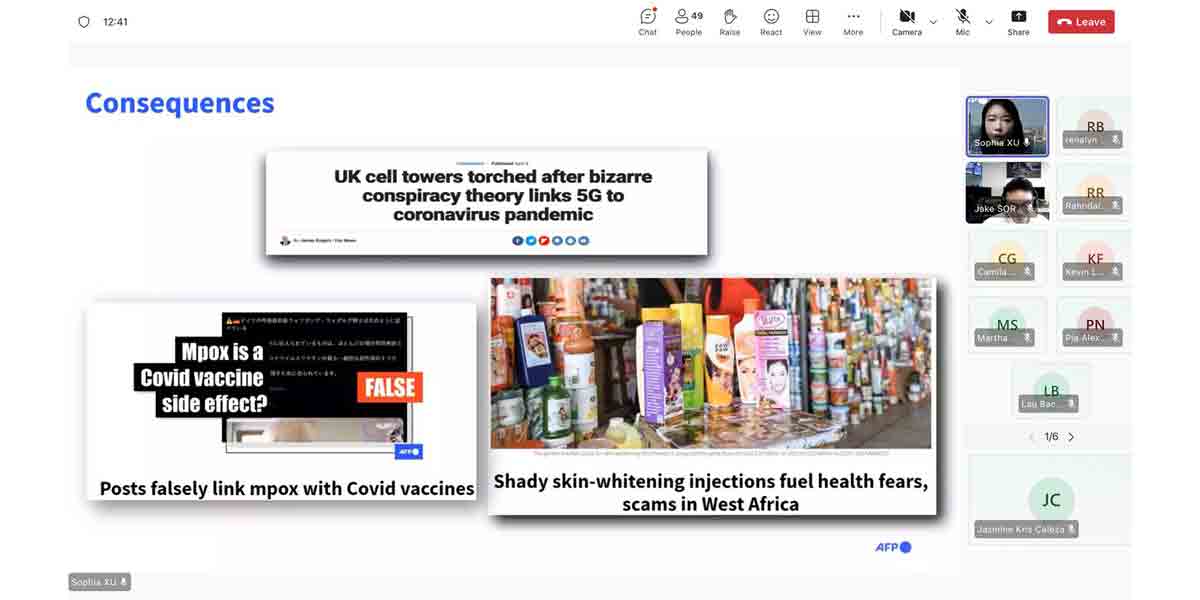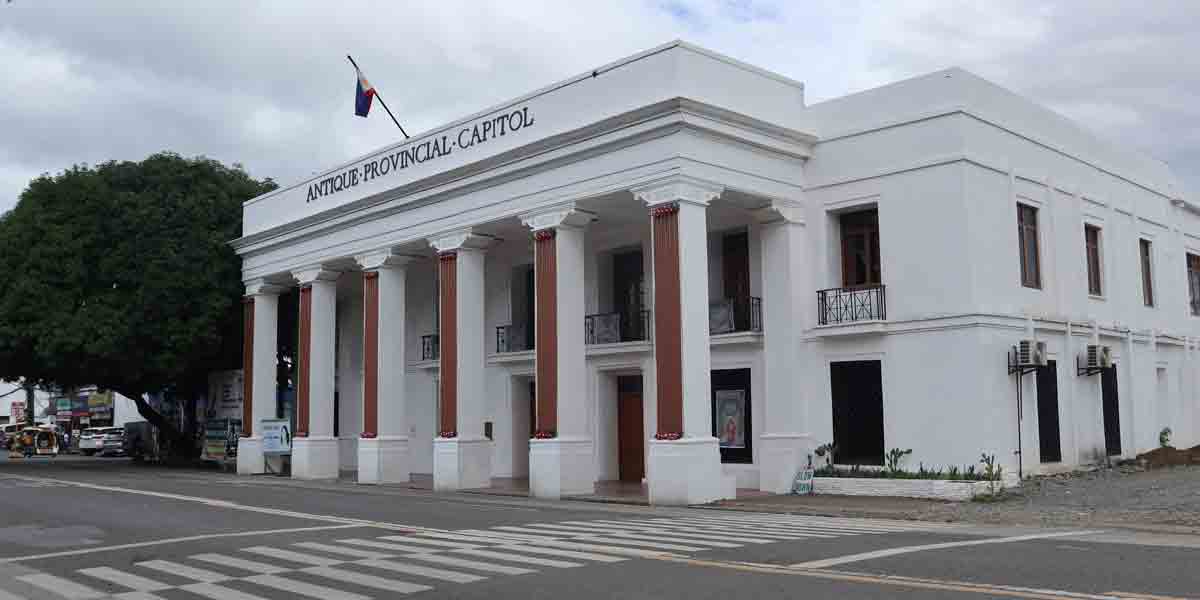By John Renzo J. Cabunagan
(First of three parts)
“How would you describe our current zeitgeist?” I stumbled upon this question some weeks ago in a Facebook post that was unmistakably Halloween-related.
Oxford Languages delineates ‘zeitgeist’ as “the defining spirit or mood of a particular period of history as shown by the ideas and beliefs of the time.” It was derived from the German words Zeit, meaning ‘time’, and Geist, meaning ‘ghost’ or ‘spirit’. I was thus intrigued to delve into how my fellow earthlings perceive the zeitgeist of today’s society. I deemed the replies in the comments section to be generally amusing. Some quoted the scriptures while others shared lines from their favorite songs, both mainstream and obscure. There were also those who alluded to their personal advocacies and there were a handful who responded with a remarkably disheartening tone, proffering statements such as “the beginning of the end for mankind” and “a time of great selfishness and complete lack of empathy for humanity.”
Discerning from a rather disinterested perspective, one thing was clear to me. There are no wrong answers to the question at hand. In the end, how we each apprehend the spirit of the times is bound within the constraints of our own unique sets of beliefs, ideas and attitudes, which are then predisposed by diverse social, cultural and cross-cultural influences.
Philippine Political Theater
How would I describe our current zeitgeist? Having graduated from a multimedia studies program with the fundamental propositions of development communication at its heart, when talking of the spirit of the times, political events and prevailing societal issues are the two things that spring to mind. As the title presupposes, this essay places emphasis on the former.
I have long regarded Star Wars, the world-famous media franchise brought into being by American filmmaker George Lucas, among the more enjoyable expositions of the challenges and dynamics of political systems and governance. Make no mistake, however, politics is a singularly vast area of study and what will be discussed here are its subsidiary concepts that are relevant to the Philippines, that is, as a democratic republic. But what is democracy, really? ‘Democracy’ comes from the Greek words demos, meaning ‘the people’, and kratos, meaning ‘power’ or ‘rule’ (Oxford University Press). It is defined by Encyclopædia Britannica as follows:
Democracy is a system of government in which laws, policies, leadership, and major undertakings of a state or other polity are directly or indirectly decided by the “people,” a group historically constituted by only a minority of the population (e.g., all free adult males in ancient Athens or all sufficiently propertied adult males in 19th-century Britain) but generally understood since the mid-20th century to include all (or nearly all) adult citizens.
The Philippines in particular operates under a representative democracy, a type of democracy wherein officials are elected by the citizens (i.e., the people) to handle legislation (formulating and enacting laws) and make decisions on their behalf. It is worth noting that by ‘representative’, it means that these officials represent the interests of the citizens whose will is then warranted to be reflected in the actions and policies of the government. I know, we have all heard of these concepts in school. But life has a way of making us unlearn the lessons that should really be taken to heart. In any case, it should have been established by now that our true power as citizens lies in our prerogative to elect and hold accountable our leaders at all levels of government.
There are other key features of politics in the Philippine context that one should be acquainted with, namely, the unitary presidential system in which our government is organized, the separation of powers between the executive, legislative and judicial branches of the government, and the Philippines’ multi-party system. These topics are spoken of in Generation Tech’s 2019 YouTube video titled What Star Wars Can Teach Us About Democracy. Drawing parallels between the film’s thematic progression and real-world occurrences, the video examines the shortcomings of democracy and how they can be exploited to bypass the checks and balances that safeguard a fair government, resulting in unchecked leadership that is characterized by the dissolution of term limits and concentration of power. This is better understood when viewed on a political spectrum, a conceptual framework used to classify and compare dissimilar political ideologies or positions (Heywood, 2017).
Theoretical and conceptual frameworks are helpful aids in organizing ideas and making conceptual distinctions. While mainly employed in research, they are also serviceable in everyday life. For instance, Thomas P. Hughes’ theory of technological momentum argues that when a certain technology is new, society can actively shape how it is used and developed. Even so, as it grows and becomes more deeply entrenched into the social and economic systems around it, it starts to develop its own momentum, making it harder to control or change, especially in large technological systems that involve both technical and social elements. Over time, these systems gain a sort of inertia, which pushes them in a direction that becomes difficult to alter. (Hughes, 1987) Sounds all too familiar? Hughes’ theory in essence sums up our current relationship with artificial intelligence (AI). Nevertheless, I understand distinctly that this subject matter is deserving of its own comprehensive discussion.
A political spectrum functions in the same manner, albeit one that prerequires a profound comprehension of political structures. I myself had gotten lost in the minutiae as I endeavored to determine which pieces of information would add intrinsic value to this specific discourse. But as with anyone trying to find their way in any undertaking, right where the journey started is as good a place as any to ponder. In the realm of participation, the axis of the political spectrum has three defining points: democracy, aristocracy, and tyranny. Each representing different systems of political rule and varying degrees of inclusion and elitism, these distinct forms of governance have been studied and analyzed by the Ancient Greek philosophers Plato and Aristotle.
In this context, democracy is distinguished by the sharing of political power, through voting or direct involvement in decision-making processes, among the citizens — giving value to their input, regardless of social or intellectual standing. In Plato’s The Republic, he offers a critical perspective on democracy. He argues that while it can be viewed as an ideal system of participation, democracy can also lead to disorder if citizens lack the necessary wisdom to govern themselves effectively. He further outlines a degeneration of political regimes, wherein democracy is perceived as an unstable system that can easily devolve into tyranny due to the excessive freedom it grants to individuals, which then leads to the disintegration of social order. For him, democracy’s unrestrained freedom makes it vulnerable to exploitation by political leaders who appeal to the desires and prejudices of the masses, instead of reason.
Contrasted with democracy, the political power in an aristocratic form of governance is concentrated in the hands of a few, typically those considered the most qualified, virtuous, or enlightened — often associated with an elite ruling class, such as those of noble origins or those with higher intellectual or moral standards. In Aristotle’s Politics, he describes aristocracy as a more desirable system than democracy because it involves governance by the best and the wisest, who are more likely to govern for the common good rather than for personal interests — seeking the well-being of the entire community, with their authority being justified by their superior wisdom and moral character. In this ideal aristocracy, the rulers are not swayed by personal gain or emotional whims but are instead guided by reason and virtue. He positions this ideal against oligarchy, in which the ruling class governs primarily for their own benefit. This makes it a degenerate form of aristocracy.
Finally, tyranny represents the extreme degradation of aristocracy. It is recognized by both Plato and Aristotle as a corrupt and destructive form of rule. Plato describes a tyrant as someone who is consumed by personal passions and desires, utilizing power to further their own interests at the expense of the common good. Ruled by excessive passion in place of reason, a tyrant loses the ability to govern justly because they are driven by unchecked desires. This irrationality and greed ultimately harm the state, resulting in oppression, fear, and instability. Aristotle also speaks of tyranny as a perversion of aristocracy, wherein a ruler becomes a self-serving despot who seeks power solely for personal gain — failing to see the difference between ruling for the common good and ruling for self-interest. In a tyrannical government, participation is completely restricted. There is no shared power or democratic involvement, and the citizens are often subjected to manipulation or outright coercion.
Now, as Filipino citizens, what is the point of knowing this? First, it teaches us the ideal qualities that must be possessed by our leaders, that is to say, we want them to be knowledgeable, capable, and virtuous; and more importantly, we want them to serve the common good and not just their own interest. Second, it demonstrates how our existing political system can transition into an undesirable form of government. In addition, it calls attention to the struggle between inclusive governance and one that is guided by reason and virtue, as well as the perils of unchecked power. This then enables us to reflect on our present reality, and to revisit and obtain a deeper understanding of our own history.
Our government is organized in a unitary presidential system. Set side by side with a federal system where power is shared between the central government and regional governments, the Philippines has a central (national) government that holds the ultimate decision-making power and primary authority over the entire country. While the national government is dominant, local government units (LGUs) have the responsibility to manage local affairs. Divided into several levels, namely, provinces, cities, municipalities, and barangays (villages), each of these LGUs has elected officials and varying degrees of autonomy. The Local Government Code of 1991, otherwise known as Republic Act No. 7160, significantly devolved certain powers to LGUs, granting them more regional autonomy and the authority to address local issues more effectively. While still adhering to national laws and regulations, they are allowed to create local ordinances, implement policies, and manage services such as education, healthcare, and public infrastructure within their areas. However, the regions are often controlled by local powerful elites. Consequently, this decentralization of power further strengthened political dynasties (Mendoza & Banaag, 2017).
An essential characteristic of Philippine politics is the prevalence of dynastic politics at both the local and national levels of governance. The Philippines has been historically shaped by powerful families (Constantino, 1998). Each family has had a significant influence on the country’s politics and governance, having maintained control over political offices across generations. These political families or dynasties are often linked to local padrino (patronage) networks that consolidate power through control over local economies and military influence.

